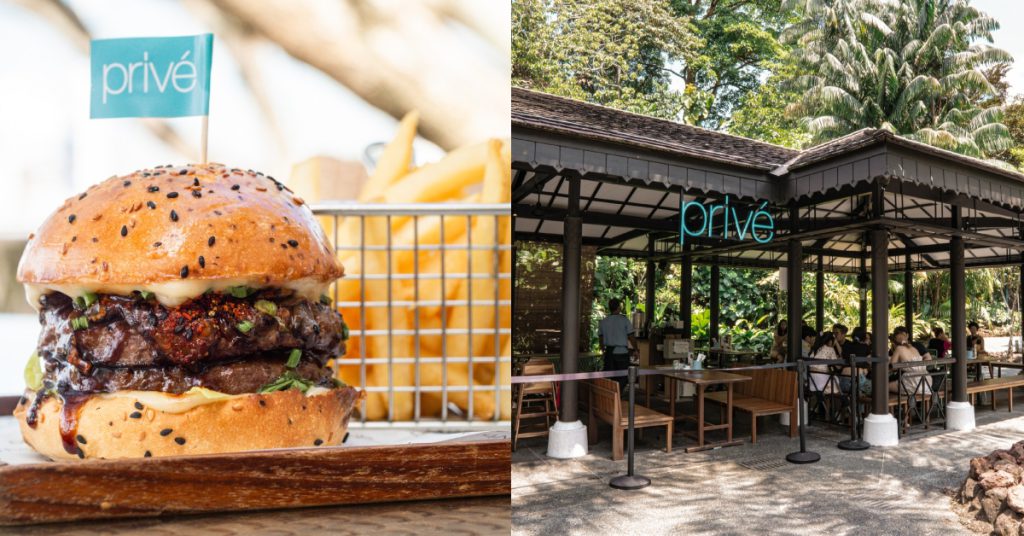Online shopping has pretty much matured in Singapore as most of us are familiar with it. We shop for clothes from blogshops or online fashion shopping sites like Zalora, FaveChic, Qoo10 or Taobao. We shop for groceries on Redmart or GoFresh. There’s also a shopping site for Japanese products in Singapore too.
According to a recent survey by PayPal, one of the main online payment gateways in Singapore, more Singaporeans are shopping online, with more than three-quarters saying they do so at least once a month.
Specifically, the survey, which collected responses from over 1,000 Singaporeans, found that 78% of respondents shop online at least once a month, with more than half (55%), shop via mobile devices such as smartphones or tablets.

Here are some interesting findings from the survey too:
- Two-thirds of the respondents said that they spend more than S$100 online over the past three months.
- The top concerns among online shoppers were having their financial details being stolen by cybercriminals and falling victim to fraud (57 per cent)
- 20% of the respondents are wary about sharing credit card details with a website they had not visited before.
- Majority of the online shoppers have not fallen victim to fraud or cybercrime. Instead, most respondents (36 per cent) identified with not receiving their items or receiving damaged physical goods.
The survey also had a segment on cross border shipments. While shopping cross border is common and becoming increasingly popular among shoppers, 89% of the respondents who shop cross border are concerned about online risks when shopping from overseas websites compared with local sites.
PayPal provided the following tips to help e-shoppers avoid becoming victims of cybercrime:
- A “https” at the beginning of an URL means it’s a lot more secure. Never enter your financial information on a website’s checkout page without it.
- Do not click on links in suspicious emails, and do not give out your personal and financial details over email.
- Only download apps from companies you trust and check reviews, as some apps contain malware designed to steal your financial data.
- Whichever app or browser you’re buying from, always check that you have the latest version installed to ensure your security protection is up-to-date.

This is a timely advise from the company with the recent case of online frauds in Singapore involving online payments. Earlier last week, Singapore police were investigating at least 27 cases of an online scam in which victims were duped of around $33,000 after receiving fake e-mail notifications. The tricksters posed as PayPal and sent the e-mails to sellers on various e-commerce sites such as Gumtree and eBay, pretending that payments had been made for fake transactions.
The online sellers would then send the ‘purchased’ items to addresses overseas. Police say the scammers would also send fictitious emails from ‘Paypal’ requesting for admin payments such as account activation fees to be made via local bank account transfers or through remittance to overseas accounts.














